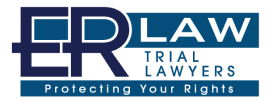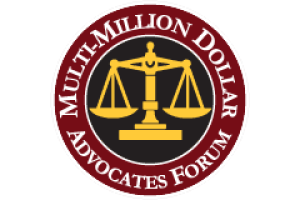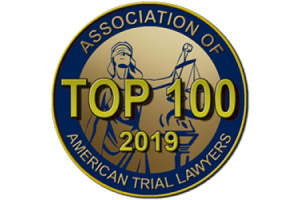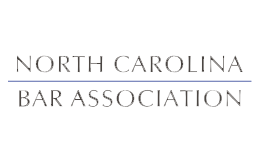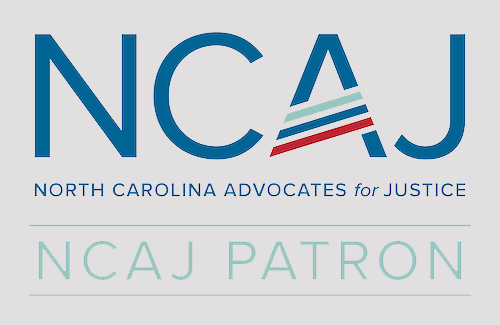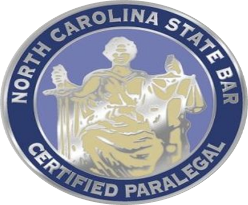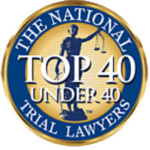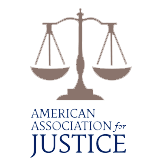Criminal Defense
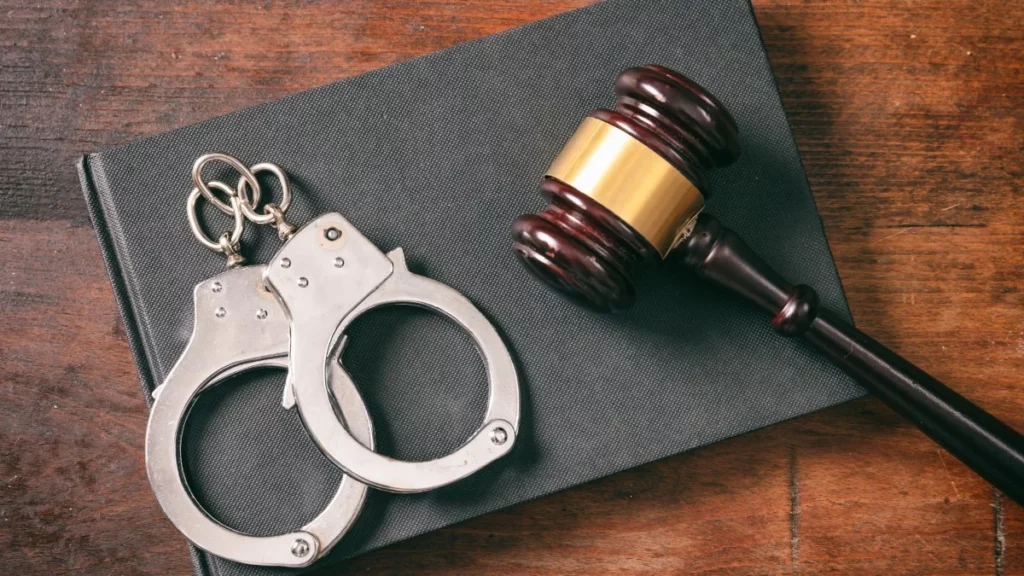
Being accused or charged with a crime can have serious impacts on your life. Criminal convictions may result in fines, jail time, prison sentences, and can also affect your job, housing, and family. It is important that you are aware of the possible consequences of a conviction as well as all your options.
We have experience defending clients charged with misdemeanors and serious felonies including:
- Traffic Citation
- Driving While Intoxicated
- Assaults
- Larceny, Fraud and Embezzlement (Theft related charges)
- Drug Possession, Distribution, and Trafficking
- Weapons Charges
- Sex Offenses
- Probation Violations
- Expungements
Contact us if you’ve been accused or charged of a crime, and we will work towards the best outcome for you while seeking to protect your rights and interests.
Traffic Citation
Traffic citations are an inconvenience. Although it may seem easier to pay off your ticket online or through the mail, doing so could be to your disadvantage. Some traffic violations or speeding tickets could cause you to lose your license, increase your insurance costs, or pay avoidable fines. A knowledgeable attorney will be able to navigate the process for you, saving you time and money. Contact us to ensure that your traffic matter is handled appropriately.
DWI
Whether it is driving under the influence of alcohol or another impairing substance, a DWI conviction can have serious consequences. If convicted, you could be ordered to pay significant fines, lose your license, receive probation or even jail time. Every aspect of your DWI case should be carefully examined to determine a defense strategy tailored specifically to you. Resolving a DWI charge in North Carolina can be challenging. We have the knowledge and experience to advise and assist you towards a fair resolution.
Assault
In North Carolina, assaults are treated seriously. Being charged with an assault could result in a criminal record or prison time. Some assaults can be resolved by negotiating with the complaining witness and prosecutor, while others require focused investigation and preparation of your defenses. Either way, it is important to gather evidence immediately after the accusation to help develop your case. ER Law will do just that. Contact us to discuss your case.
Larceny, Fraud, and Embezzlement (Theft Related Charges)
Theft related charges can result from poor judgment, accident, mistaken identity, or false accusations. These charges range from misdemeanors to felonies and a conviction can result in fines, jail or prison time, and a criminal record. When accused of a theft related charge, it’s important to speak to an attorney who will listen to your version of the events and act quickly to gather evidence. ER Law can help you build your defense to minimize the consequences of being charged.
Drug Possession, Distribution, and Trafficking
Despite the various consequences of being charged with a drug related offense, each charge is serious. Drug offense convictions in North Carolina can result in fines to lengthy prison sentences. Whether you are charged with possession of a small amount of marijuana or drug trafficking, you need an advocate who knows how to challenge the State’s evidence and work with you to minimize the consequences of being charged. We have experienced attorneys who will do just that. Call us today to see how we can help you.
Weapons Charges
Simply carrying a weapon improperly can result in criminal charges, and if convicted you could face fines, probation, or even jail time. If your weapon charge is related to other criminal charges, you may face a lengthy jail or prison sentence. Being accused of these types of charges can greatly affect your future if not handled properly. We have the experience defending clients against weapons charges and will work to protect your rights.
Probation Violations
While being on probation is difficult, a violation of that probation puts you at risk of jail or prison time. Once a probation violation is filed, it is up to a judge to determine whether you remain on probation, whether you are terminated, or whether to revoke your probation. It’s important to have an experienced attorney who can advocate for you by explaining your specific situation to the probation officer and the judge. Contact us to talk about how we can help you get the best possible outcome.
Expungement
A criminal charge or conviction will follow you, and can affect future opportunities including education, employment, and even where you live. Luckily, it may be possible to have that charge or conviction erased, or expunged, from your record. Contact us to discuss if you’re eligible for an expungement.
Related Practice Areas
View More Practice AreasAsk a Question,
Describe Your Situation,
Request a Consultation
Call (336) 904-9000(336) 904-9000, or fill out the short form below. Don’t hesitate; your questions are welcome.
Required Fields*
Your Information Is Safe With Us
We respect your privacy. The information you provide will be used to answer your question or to schedule an appointment if requested.
